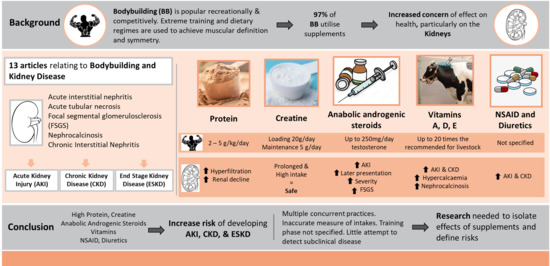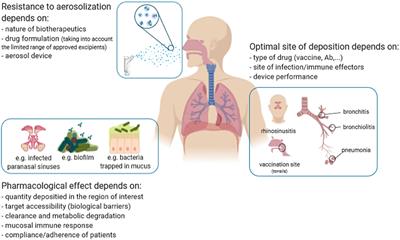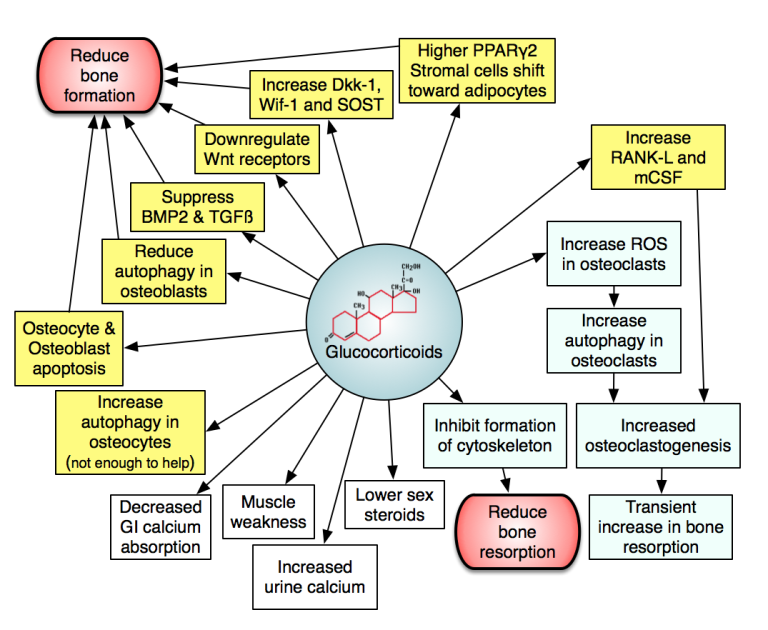The Immune System And Steroid Use: Implications For Health
The immune system is the body’s defense mechanism that protects us from various diseases and infections. However, certain lifestyle choices…
The immune system is the body’s defense mechanism that protects us from various diseases and infections. However, certain lifestyle choices and habits can weaken our immune system, including the use of steroids. Steroids are commonly used for various medical conditions, but they can have detrimental effects on our immune system, which can lead to serious health implications.
Steroids are synthetic hormones that are used to treat a range of medical conditions, from asthma to arthritis. However, long-term steroid use can suppress the immune system, leaving individuals vulnerable to infections and other health complications. In this article, we will discuss the implications of steroid use on the immune system and its potential impact on overall health.

The Immune System and Steroid Use: Implications for Health
What are Steroids and How do they Affect the Immune System?
Steroids are synthetic substances that are similar to the hormone testosterone in the body. They are often used to treat conditions such as asthma, arthritis, and autoimmune diseases. However, steroids are also used by some athletes and bodybuilders to enhance their performance and build muscle mass.
Steroids can have a significant impact on the immune system by suppressing its function. The immune system is responsible for protecting the body against infections and diseases. When steroids are taken, they can reduce the activity of immune cells, such as T-cells and B-cells, which are responsible for fighting off infections.
This can leave individuals who use steroids more susceptible to infections and diseases. In addition, steroids can also cause other health complications, such as high blood pressure, liver damage, and heart disease.
The Benefits and Risks of Steroid Use for the Immune System
While steroids can be effective in treating certain conditions, they also come with significant risks. In some cases, steroids may be necessary to manage a health condition effectively. However, it is essential to weigh the benefits against the risks before using steroids.
One of the benefits of using steroids is that they can help manage inflammation in the body. This can be beneficial for individuals with conditions such as arthritis or autoimmune diseases. Steroids can also help reduce the symptoms of asthma, such as wheezing and shortness of breath.
However, there are also significant risks associated with steroid use. Long-term use of steroids can lead to a weakened immune system, making individuals more susceptible to infections and diseases. Steroids can also cause a range of other health complications, such as high blood pressure, liver damage, and heart disease.
The Implications of Steroid Use on the Immune System
The implications of steroid use on the immune system can be significant. Steroids can reduce the activity of immune cells, leaving individuals more susceptible to infections and diseases. In addition, long-term steroid use can lead to a weakened immune system, making it more challenging for the body to fight off infections and diseases.
Individuals who use steroids should be aware of the potential risks and take steps to minimize them. This may include reducing the dose of steroids taken, taking breaks from steroid use, and using other medications or therapies to manage their condition.
It is also essential for individuals who use steroids to maintain a healthy lifestyle, including regular exercise, a balanced diet, and getting enough rest. This can help support the immune system and reduce the risk of complications associated with steroid use.
Steroids vs. Other Treatments for the Immune System
Steroids are not the only treatment available for managing conditions that affect the immune system. Other medications, such as nonsteroidal anti-inflammatory drugs (NSAIDs), can also be effective in managing inflammation.
In addition, lifestyle changes, such as reducing stress, eating a healthy diet, and getting regular exercise, can help support the immune system and reduce the risk of complications associated with steroid use.
It is essential for individuals to discuss all treatment options with their healthcare provider and weigh the benefits against the risks before starting any medication.
Conclusion
In conclusion, steroids can have a significant impact on the immune system by suppressing its function. While steroids can be effective in managing certain conditions, they also come with significant risks. Individuals who use steroids should be aware of the potential risks and take steps to minimize them. It is essential to discuss all treatment options with a healthcare provider and weigh the benefits against the risks before starting any medication. Maintaining a healthy lifestyle can also help support the immune system and reduce the risk of complications associated with steroid use.
Frequently Asked Questions
How does the immune system function?
The immune system is the body’s natural defense against disease and infection. It is made up of a complex network of cells, tissues, and organs that work together to identify and destroy harmful pathogens, such as bacteria and viruses. The immune system is also responsible for recognizing and removing abnormal cells, including cancer cells, from the body.
The immune system is divided into two main branches: the innate immune system and the adaptive immune system. The innate immune system provides immediate, non-specific defense against pathogens, while the adaptive immune system provides a more targeted response that is tailored to specific pathogens.
What are steroids and how do they affect the immune system?
Steroids are a type of organic compound that can be naturally produced by the body or artificially synthesized. In medicine, they are often used as anti-inflammatory agents to treat a range of conditions, including asthma, arthritis, and autoimmune disorders.
However, when used improperly or in excess, steroids can have harmful effects on the immune system. Specifically, steroid use has been shown to suppress the body’s natural immune response, making individuals more susceptible to infections and other diseases.
What are the implications of steroid use for overall health?
The long-term use of steroids can have a number of negative health consequences, including increased risk of infection, reduced bone density, muscle weakness, and mood disorders. Additionally, steroid use has been linked to an increased risk of certain types of cancer, such as prostate cancer and breast cancer.
It is important for individuals who are considering using steroids to carefully weigh the potential benefits against the risks and to consult with a healthcare professional before starting any steroid regimen.
Can steroids be used safely in certain circumstances?
While the use of steroids carries inherent risks, they can be used safely and effectively in certain circumstances. For example, when used under the guidance of a healthcare professional, steroids can be an effective treatment for a range of medical conditions.
It is important, however, for individuals to use steroids only as directed by a healthcare professional and to closely monitor their health and well-being during the course of treatment.
What are some alternative approaches to supporting immune system health?
There are a number of natural approaches that can be used to support immune system health, including eating a healthy diet, getting regular exercise, managing stress, and getting enough sleep. Additionally, certain supplements and herbs, such as vitamin C, echinacea, and garlic, have been shown to have immune-boosting properties.
It is important to note, however, that while these approaches may help support overall health and well-being, they should not be used as a replacement for medical treatment and should be used in consultation with a healthcare professional.
Steroids and the Immune System – Corticosteroids vs. Anabolic Steroids – Doctor’s Analysis
In conclusion, the immune system is a complex network of cells, tissues, and organs that work together to protect the body from harmful substances and infections. The use of steroids can have significant implications for the immune system and overall health. While steroids can be effective in treating certain medical conditions, they can also weaken the immune system, making individuals more susceptible to infections and other health issues. It is important for individuals using steroids to be aware of the potential risks and to work closely with their healthcare provider to minimize these risks.
Furthermore, there are several steps individuals can take to support and strengthen their immune system, such as following a healthy diet, getting enough sleep, exercising regularly, managing stress, and avoiding harmful substances like tobacco and excessive alcohol. These lifestyle choices can help to enhance the body’s natural defenses and reduce the risk of infections and other health problems.
Ultimately, maintaining a healthy immune system is crucial for overall health and well-being. By understanding the implications of steroid use and taking steps to support the immune system, individuals can help to protect themselves from a range of health issues and enjoy a higher quality of life.







